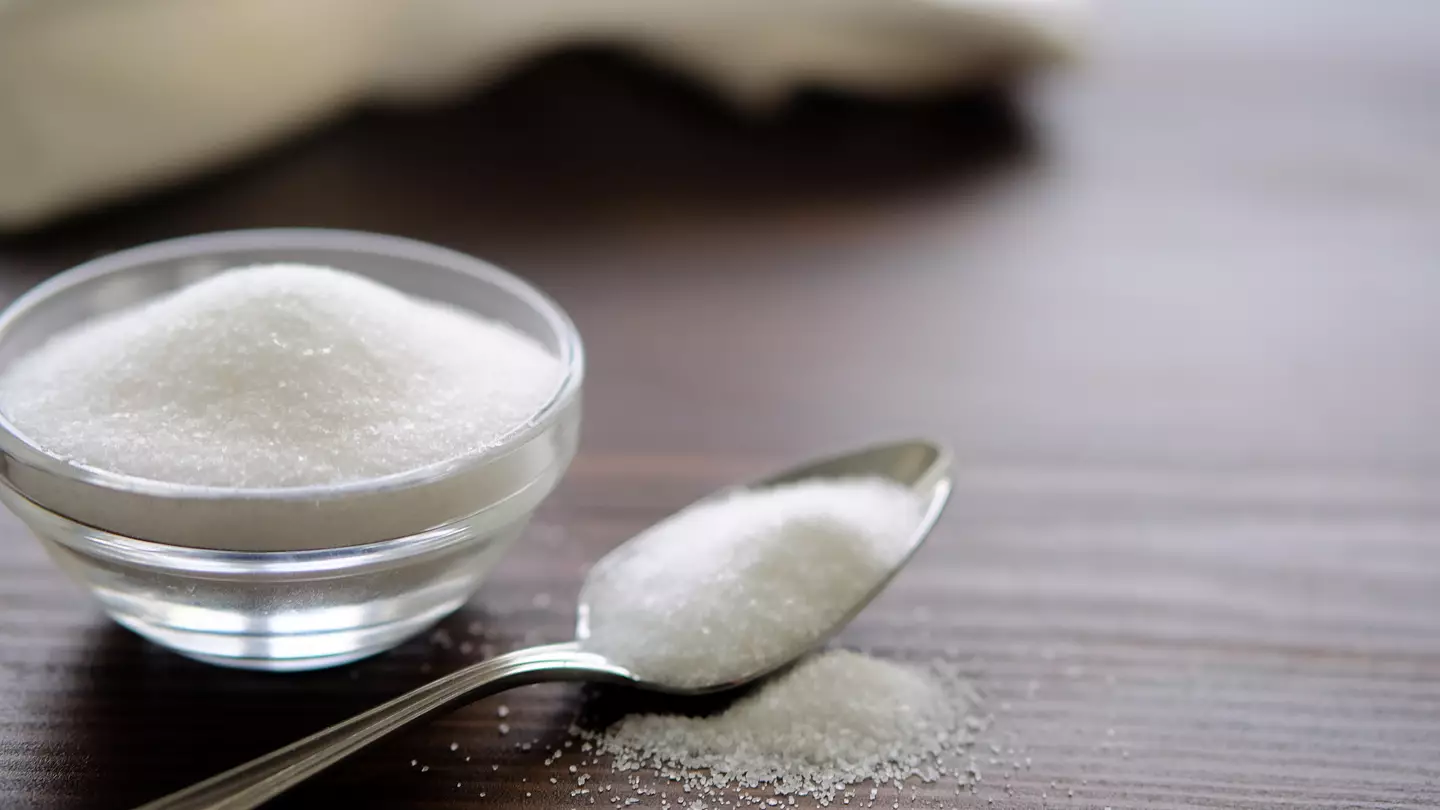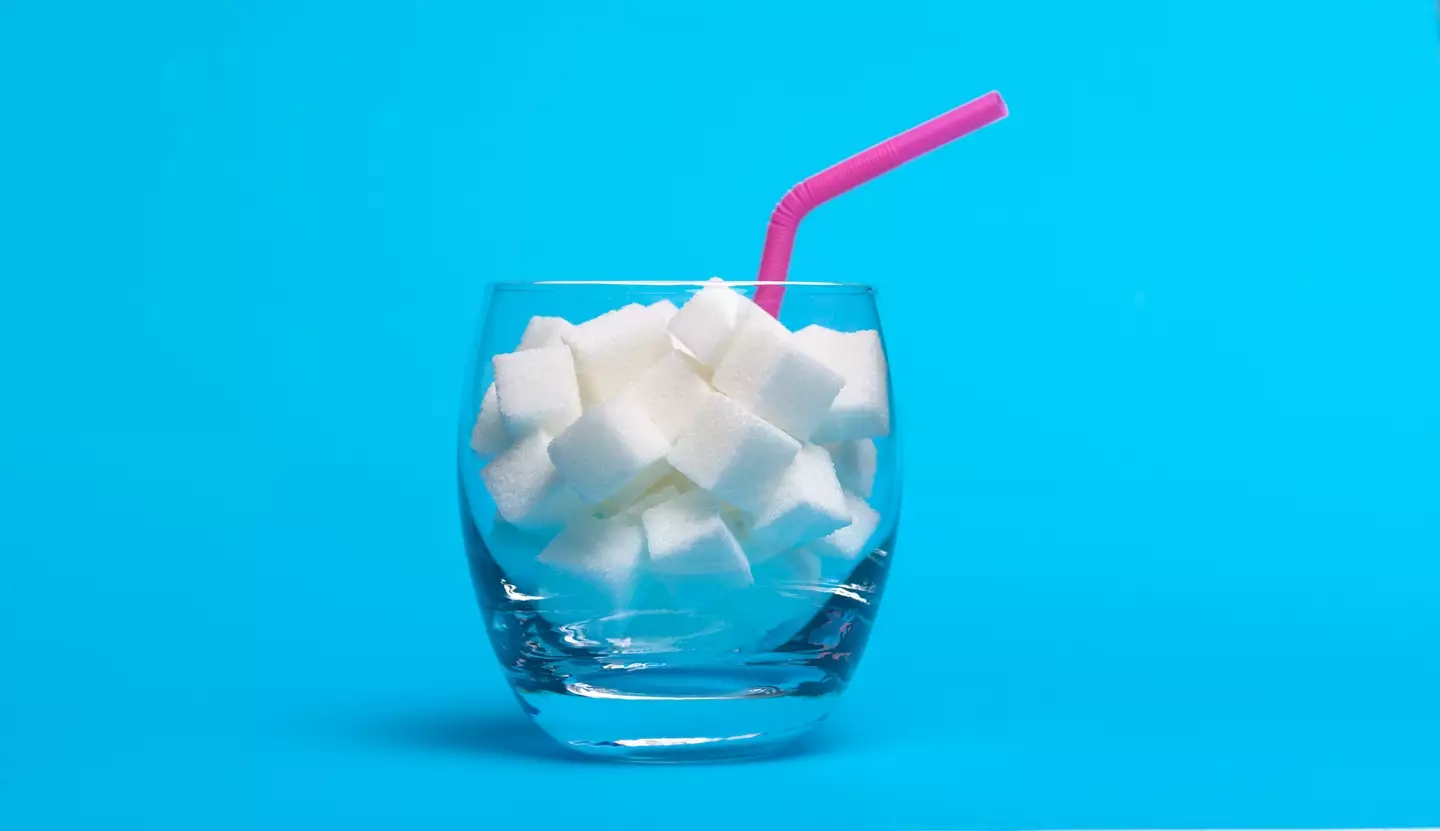
Giving up sugar is likely to have a noticeable impact on your body considering the sheer quantities of it many of us consume.
The NHS recommends that a grown adult eat no more than 30g of free sugars a day, or about seven cubes worth of the stuff, and only about five percent of your energy should come from it.
However, plenty of people are having much more sugar than they should and quaffing even one can of fizzy drinks could put you over your recommended daily limit.
Cutting down on the addictive white substance might be a tough task, especially because for the first few days where you stop eating it you'll really feel the impact of doing without it.
Advert
Getting rid of it entirely is going to be a tall order anyhow, since plenty of foods such as fruit, vegetables and milk have naturally occurring sugars in them and you'd be on a very restricted diet if you tried to completely ditch it.
But if you want to cut out the sugary treats then you'd better be ready for the consequences.

Days 1 - 3: Withdrawal symptoms
When we get our bodies used to ingesting a substance they start to expect a steady supply of the stuff, ditching lots of sugar is likely to lead to withdrawal symptoms.
Exactly how addictive sugar is remains a matter of debate among scientists, but people who've ditched it have said they suffered depression, anxiety, headaches, fatigue and brain fog.
Some people who've documented their ditching of sugar found that their typical mid-afternoon dip in energy was becoming more pronounced.
They also found they had cravings of 'pure addiction', as when you consume sugar it releases dopamine into your brain which makes you feel good.
Less sugar means less dopamine, and it all adds up to you being less happy for those first few days.
One study on rats even found that for animals getting off sugar was similar to attempting to shake a drug habit, with the authors saying: "The study demonstrates that the effects of sugar addiction, withdrawal and relapse are similar to those of drugs of abuse."
Fortunately, it does get better.

Days 4 - 7: The first signs
After the first few days of feeling like you've been knocked for six and craving the sugar you sorely miss, your body ought to start sorting itself out again.
When nutritionist Lauren Manaker tried quitting sugar she explained that after the first three days or so her 'energy levels began to stabilise'.
On top of that she started feeling more alert during the day and reckoned she was getting a better night's sleep.
Sugar might give you energy but it's a short-term boost that can result in you crashing once it wears off.
The mental adjustment of the first few days should give way to the early improvements from ditching the sugar, but it will still be some time before one starts to really feel the benefits.
.jpg)
Days 8 - 14: Feeling better
More noticeable changes come in the second week, particularly since cutting down on the sugar means it's not there to feed harmful gut bacteria.
Gastroenterologist Will Bulsiewicz explained that it would be impossible to fully cut sugar out of your diet but reducing your intake means the good gut bacteria gets a boost and your digestion will improve.
This means you bloat less and have a better relationship with your own stomach, while the impact that sugar had on your mind will only continue to lessen.
By the end of those first two weeks your body ought to be less bloated, you should be digesting your food better and your energy levels will be improving along with your mood.
Topics: Health, Food And Drink, Mental Health